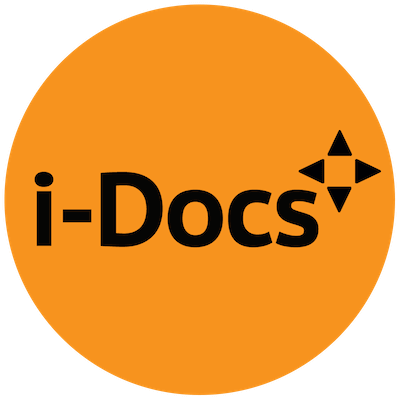
Brian Winston is Professor of Communications and Lincoln Chair at the University.
His interests include media history, media ethics, communications technology, documentary film and free expression issues.
He began his career in 1963 on Granada TV’s long-running news documentary film series ‘World in Action’ and in 1985 he won an Emmy Award for documentary scriptwriting.
He has taught at New York University Film School and the UK National Film School and has written several books on media, culture and communications, including ‘Messages: Free Expression, Media and the West from Gutenberg to Google’.
In 2010, Prof Winston co-produced and scripted ‘A Boatload of Wild Irishmen’, a feature-length film about controversial American documentary-maker Robert Flaherty, and he is known internationally for his research into ethics and the documentary.
Professor Winston is founding Chair of the British Association for Film, Television and Screen Studies (BAFTSS). He is also a member of the University’s Centre for Research in Journalism and The Centre for European Cultural Studies.
Session Title: What must we film now?
In this paper I wish to essay an assessment of the applicability of the documentary ethics agenda to new media. Specifically, I wish to address the issue of how far old concerns remain, how far they are removed and how far they are exacerbated.
Clearly the notion of two ethics – that governing the relationship of the filmmaker to subject and that governing filmmaker and audience – could need to be revisited in the context of interactivity. As far as the former is concerned interactivity impacts informed consent. Does it, though, reduce the moral Millian responsibility to ‘do no harm’? Does interactivity give substance to the mainstream defense of giving the subject a voice? Does it remove the need for demonstrated outcomes to compensate for actual or potential infringements of the harm principle?
As to the relationship to the audience, how does interactivity impact transparency? Does it remove or reduce the ‘caveat emptor’ responsibilities of the audience?
In the traditional documentary context, it was possible to suggest a template of concerns against which the documentarist’s moral position could be mapped – questions of the subject’s private/public status, of the deviancy or otherwise of the actions filmed, of the private/public nature of the place of film, of the nature of platform involved and th persistence of the circulation of the images. To what extent do these considerations still apply?
I want to suggest that the central issue is what it has been from the outset. As Esfir Shub put it the better part of a century ago: ‘The whole problem is what we must film now. As soon as that is clear to us, then the terminology won’t matter – fiction or non-fiction’. I want to suggest that her formulation remains correct but, for us, what is clear is that the technology – as well as the terminology – is what does not matter. Thus the application of the Millian ‘harm principle’ (exacerbated by the pervasiveness persistence of cyber-image circulation), problems of intellectual property and the vexed issue of impact – all in essence, ethical questions – still needing to addressed if we are to answer Shub’s central exhortation: ‘what must we film now’.
